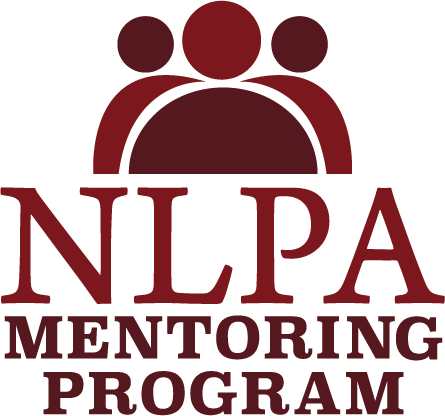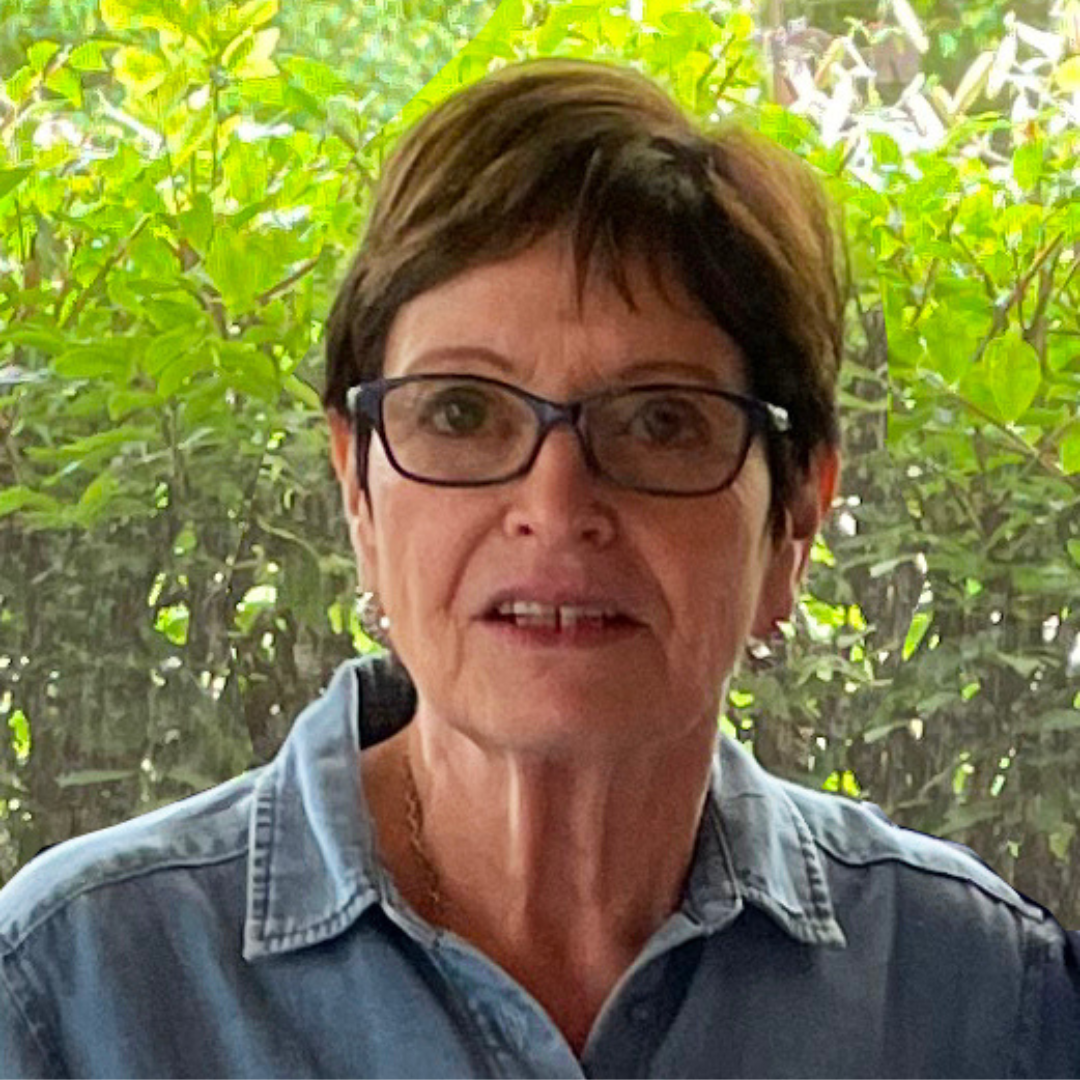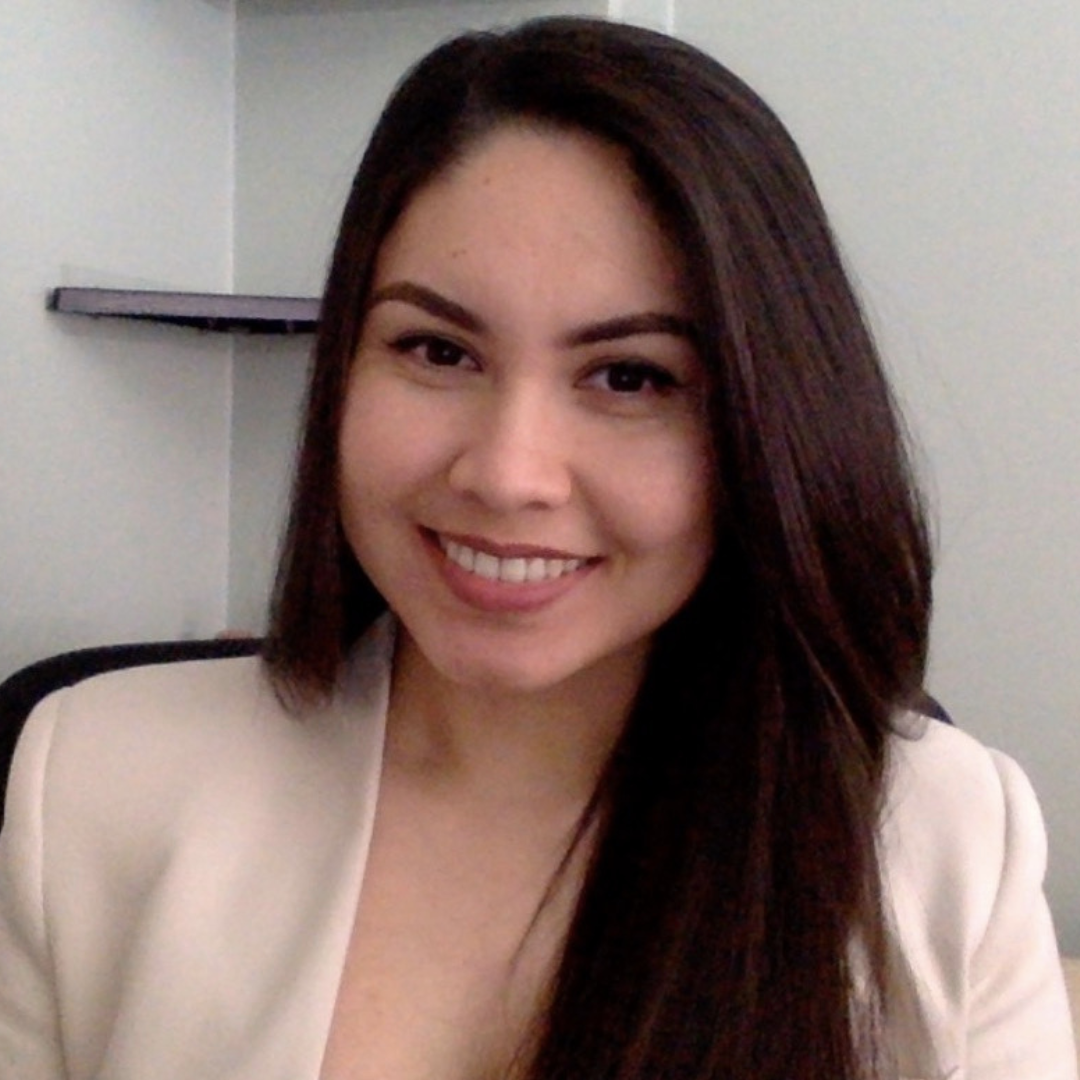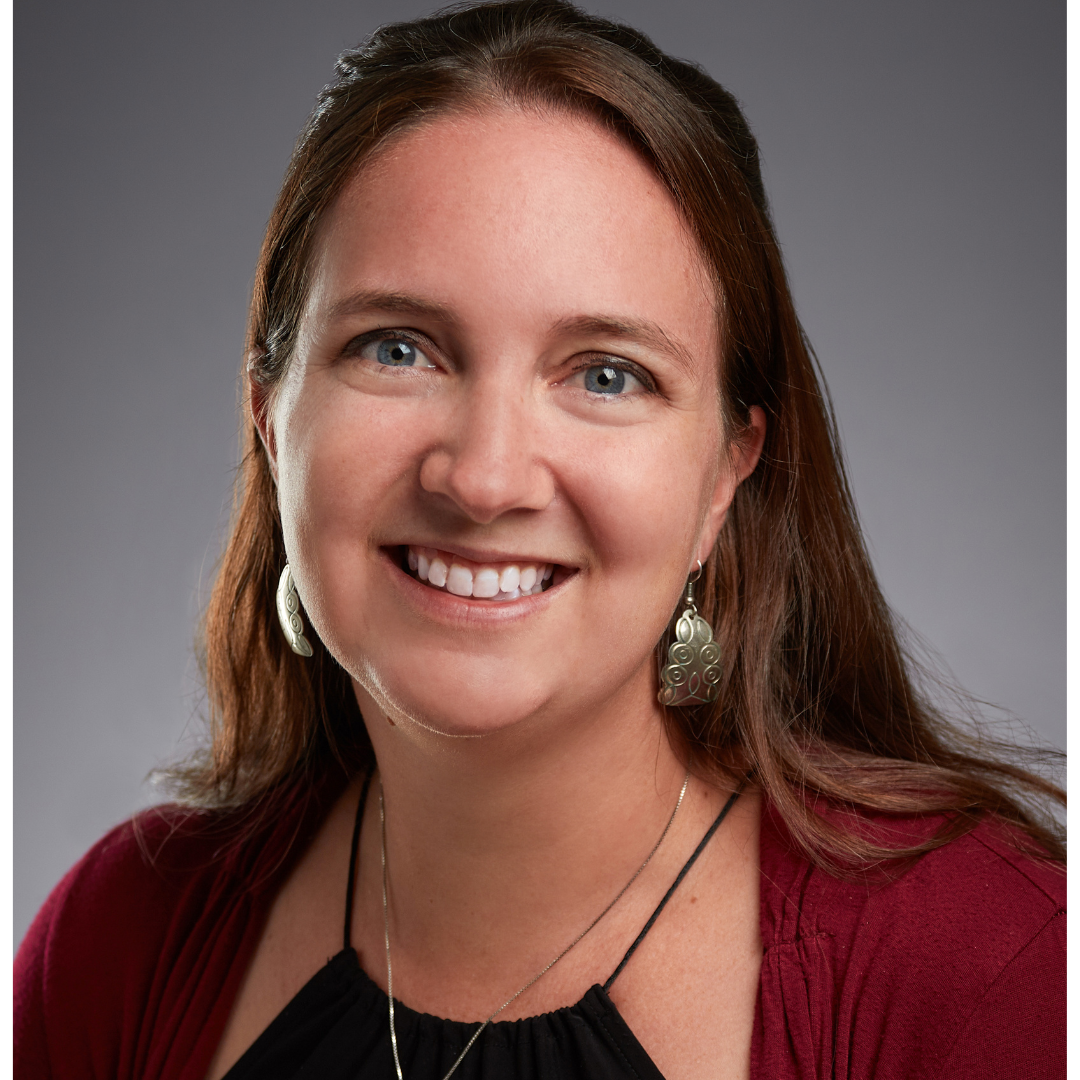|

Committee Members

Regina Jean-Van Hell, Ph.D.

Yuliana Fernandez, M.S.
On Leave Committee Members

Rachel L. Reinders-Saeman, Ph.D.

Azara L. Santiago, Ph.D.
Student Liason: Manuel Teran Hernandez, Yoscaira Gomez, Isabella Christine Stoto
Mission & Goals
The main mission of this program is to provide advice, guidance, support, or counsel to Latinx students and early career professionals (ECP) in psychology in higher education institutions. Professional members will guide mentees/students/ECP’s to reach their educational and professional goals by sharing with mentees their knowledge, experiences, and professional expertise in their fields.
Each year, at the beginning of the year, we start a new group of mentors and mentees. After mentees have completed their applications online by January 20 of the new year. We complete matching mentees with mentors by March when we send an email to all mentees and mentors with the name of their respective pair. The Commitment for the participants is to continue this relationship for a year. (See below expectations)
Questions about the program or application, please contact us at [email protected].
Applications are open from October 15, 2025 to January 15, 2026
*This Mentoring Program only available to NLPA Members
The committee members will check if applicants are members
Application to become a Mentee: https://forms.gle/m3GNL8ZrrueuATbk7
Application to become a Mentor: https://forms.gle/nGCoy7HvmgigDPFj6
Expectations for Mentee & Mentor
Mentoring relationships can take many different forms. At the beginning of the relationship, please take some time to set expectations about the frequency of contact, preferred methods of contact (email, phone, text, etc.), and what you each hope to get out of the relationship. The more open and honest you are able to be with your mentor or mentee, the more likely you will be able to successfully form and maintain a relationship.
- Please respond to communications in a timely and considerate manner.
- Please maintain the privacy of your relationship as much as possible. While the expectations of the relationship do not rise to the level of the confidentiality expectations held by clients, there may be information discussed in the course of the relationship that is meant to be kept within the relationship. Please respect those boundaries. See the NLPA and APA Ethical Principles and Code of Conduct for further information regarding professional relationships and confidentiality.
- If you have any concerns or questions about the program, please feel free to contact the Mentoring Committee at [email protected]. You can expect to receive communication from the mentoring committee at the beginning of the relationship to establish contact.
- Please respond to our emails.
- Please inform us if you have a change of email or contact information
For more information refer to our Handbook at: https://docs.google.com/document/d/1rVzqaGEfM5ite-pPdVuJzoDxGT56gwhDck6gRtlypPU/edit?usp=sharing.
(updated July 2025)
Past Webinars:
Collectors, Nightlights, and Allies, Oh My! White Mentors in the Academy by Marisela Martinez-Cola
Latinx Scholar Identity Development: Voces Por La Justicia
How to Deal with Stressors while Completing a Degree, 08.25.2021 by Taymy Josefa Caso, Ph.D., Jacqueline Fuentes, Charmaine Mora-Ozuna
Developing Cultural Humility: Embracing Race, Privilege and Power
A book by Miguel E. Gallardo

Developing Cultural Humility offers a unique look into the journeys of psychologists striving towards an integration of multiculturalism in their personal and professional lives. Contributing authors—representing a mix of "cultural backgrounds" but stereotypically identified as "White"—engage in thoughtful dialogue with psychologists from underrepresented communities who are identified as established and respected individuals within the multicultural field. The contributing authors discuss both the challenges and rewards they experienced in their own journeys and how they continue to engage in the process of staying connected to their cultural identity and to being culturally responsive. In addition, psychologists who represent historically disenfranchised communities have similarly reflected on their own journey, while offering commentary to the personal stories of White psychologists.
Click here to see Dr. Miguel Gallardo's presentation.
Video
Coming soon
Latino Families in Therapy
A book by Celia Jaes Falicov
VIDEO
COMING SOON
Culturally Responsive Counseling for Latinas/os
A book by Dr. Patricia Arredondo
VIDEO
COMING SOON
|